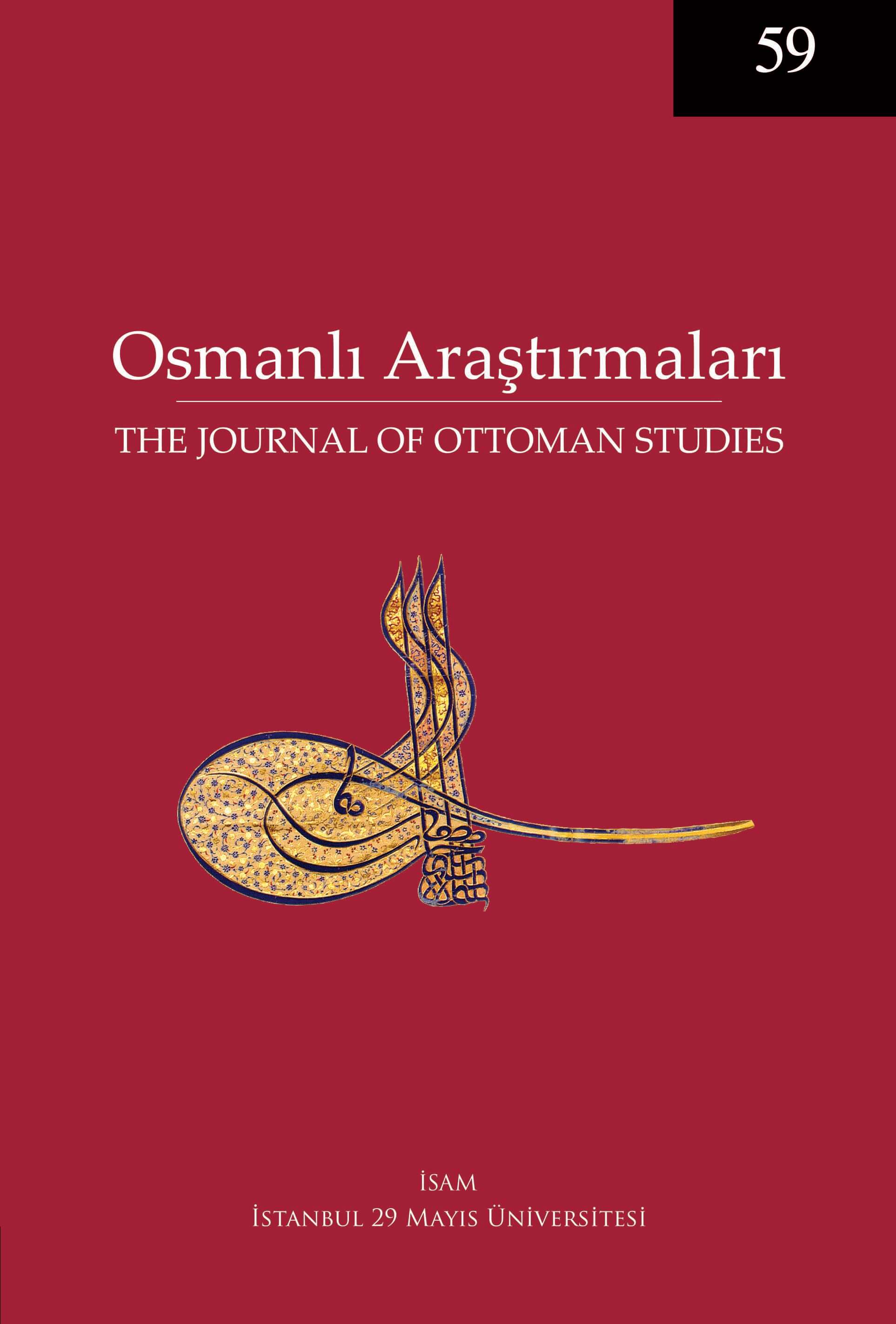The Ottoman State and Ibn Arabism
Keywords:
Ibn Arabi, Seljuks of Rum, Davud-ı Kayserî, Madrasa of İznik, Ottoman Administration, Ottoman bureaucracy, Ottoman science, Ottoman art, Ottoman intellectual historyAbstract
The Ibn Arabian thought has begun to penetrate the educational activities of the Ottoman madrasas with a genuine interpretation since Davud-ı Kayserî was deliberatively appointed by Orhan Gazi in 1331 to the Madrasa of İznik. The graduates of this madrasa introduced the understanding of Ibn Arabi in the tradition of Ottoman education and administration, through respectively the mudarris and the bureaucrats. The appointment of Kayserî to the Madrasa of İznik demonstrates as a historical reality how there was a strong continuity in the understanding of Ibn Arabi in Anatolia since the times of Seljukids of Rum when Sadraddin Konavî established his school. The other demonstration of this historical reality was in the tradition of Ottoman Sufism which lived for centuries without any loss. The Ottoman Sufis were always Ibn Arabian. This three-dimensional Ibn Arabian- Akbarian- tradition has found a place in the mindset of the Ottoman sultans, Yavuz Sultan Selim, Kanuni Sulayman, and Murad III. On the other hand, the sheikulislams like Ibn Kemal and Ebussuud reinforced this Akbarian tradition through their fatwas. This tradition has created an uninterrupted impact area in the intellectual, scientific, and artistic life of the Ottomans. In the end, the Ottoman Empire has become an Ibn Arabian state, which was not seen before in history. This Akbarian understanding continued until the end of the Empire for good. This article is about that important phenomenon.




